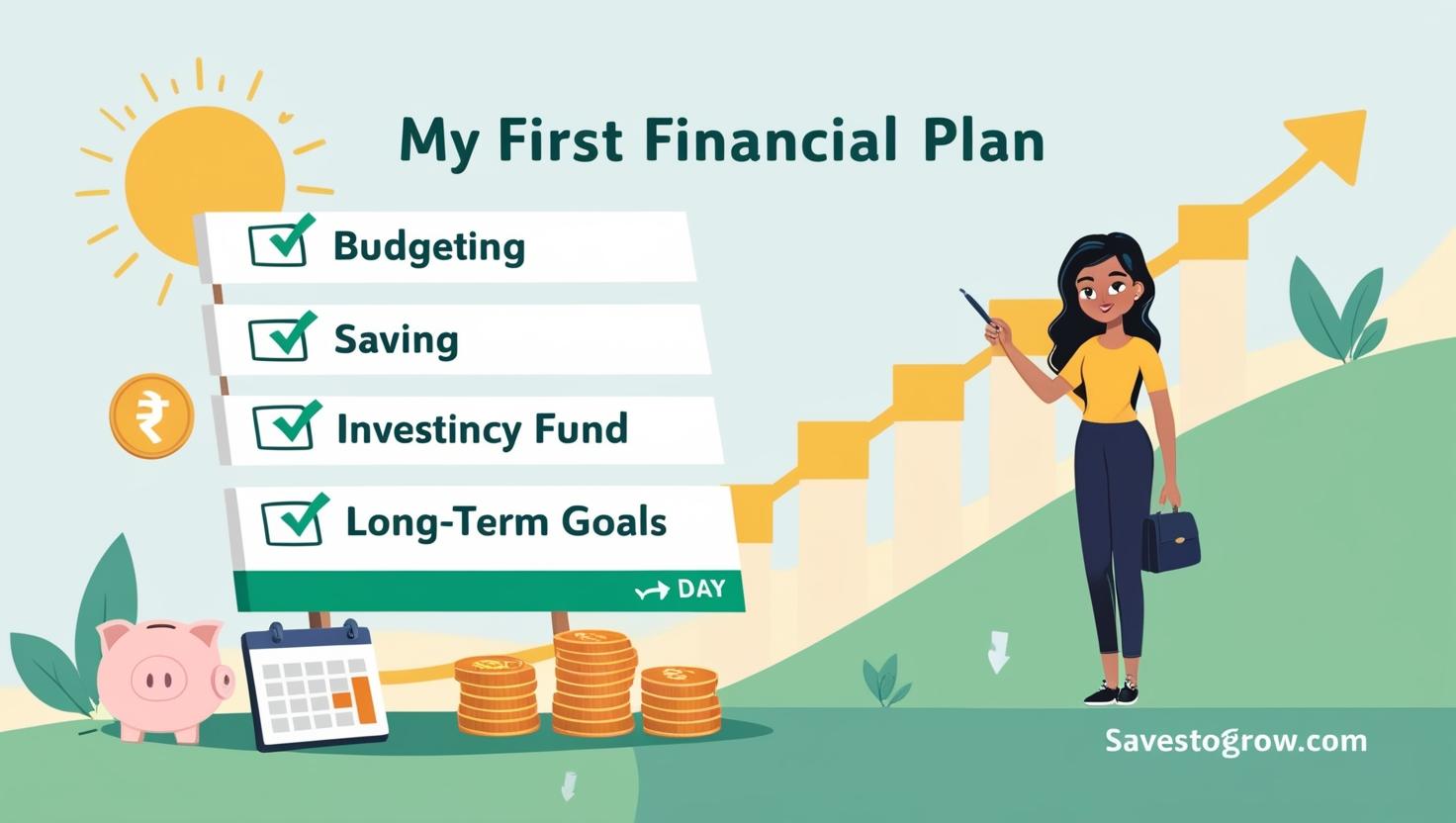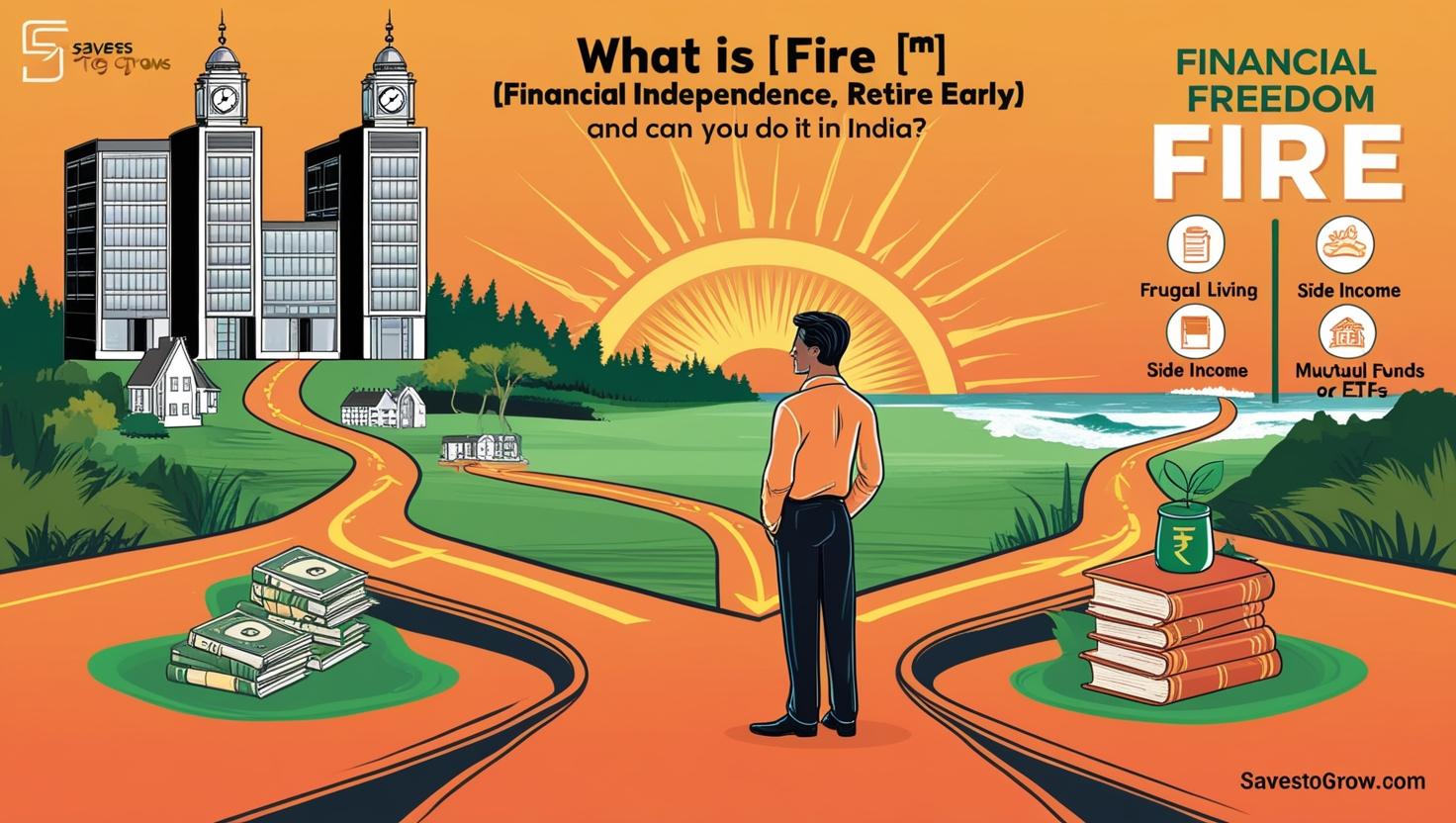I used to treat my credit score like a mysterious number floating in the financial void—important, but totally out of my control.
Turns out, most of what I believed about credit was wrong.
In this article, I’ll break down the biggest myths I fell for, the hard truths I learned, and the small actions that moved my score from “meh” to “mighty.”
Let’s clear the fog.
❌ Myth #1: Checking Your Score Hurts It
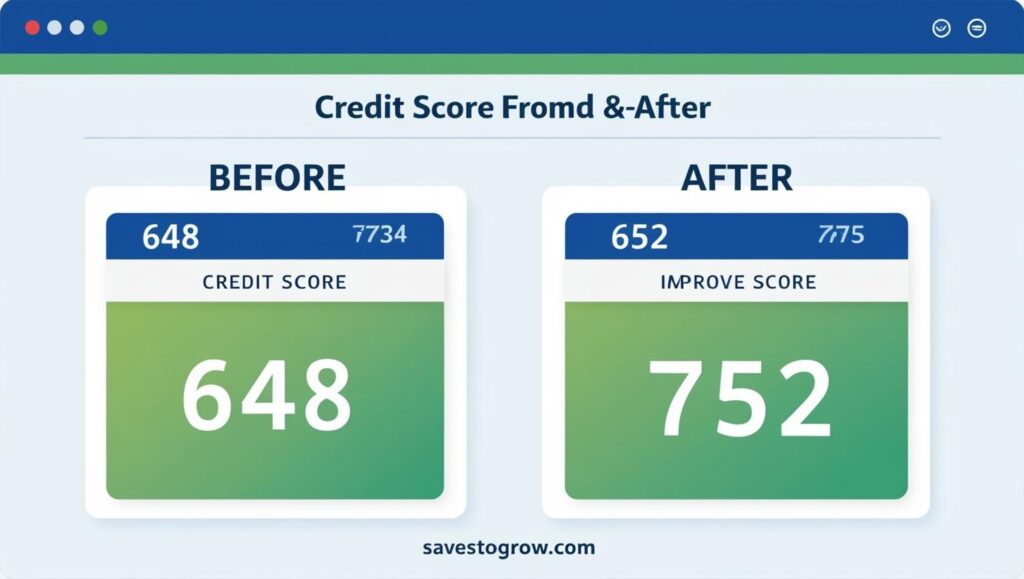
✅ Truth: Soft Inquiries Are Safe
I avoided checking my credit score for years, fearing it would tank just by looking at it.
Reality check: Only “hard” inquiries—like applying for a loan—affect your score.
When you check your score through apps or banks, it’s a “soft” inquiry. Zero damage.
Lesson: Awareness = control. I now check it monthly, just like my bank balance.
❌ Myth #2: Carrying a Balance Helps Your Score

✅ Truth: Paying in Full Is Smarter
I once thought leaving a little balance on my credit card would show I was using it “responsibly.”
Wrong.
The truth? Carrying a balance just costs you interest.
What really matters is your credit utilization—how much of your credit limit you’re using. Keep it below 30%, ideally under 10%.
Now I pay off my cards in full. Every time.
❌ Myth #3: You Need Debt to Build Credit
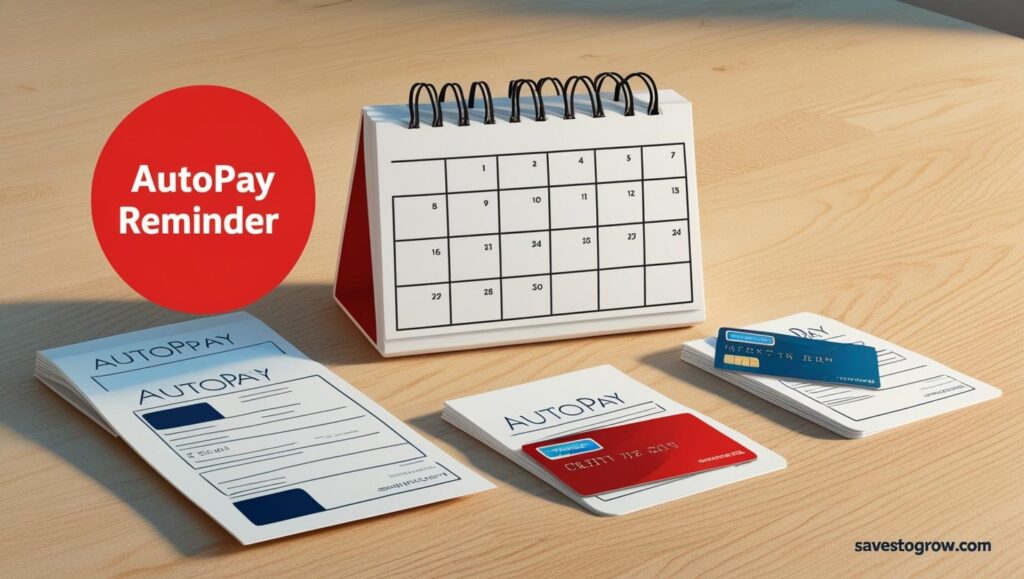
✅ Truth: You Just Need Activity
I believed I had to be in some kind of debt to build credit. Loans, mortgages, something.
Nope. You build credit by using it—wisely.
Even a $20 recurring subscription on a credit card, paid off monthly, builds positive history.
It’s not about debt. It’s about consistency.
❌ Myth #4: Closing Old Cards Boosts Your Score
✅ Truth: Older Accounts = Longer History
At one point, I closed an old credit card because I wasn’t using it.
My score dipped within weeks.
Here’s why: Length of credit history is a major factor.
Old accounts—even if unused—boost your average account age.
Now I keep old cards open, with small periodic charges to keep them active.
❌ Myth #5: One Missed Payment Isn’t a Big Deal
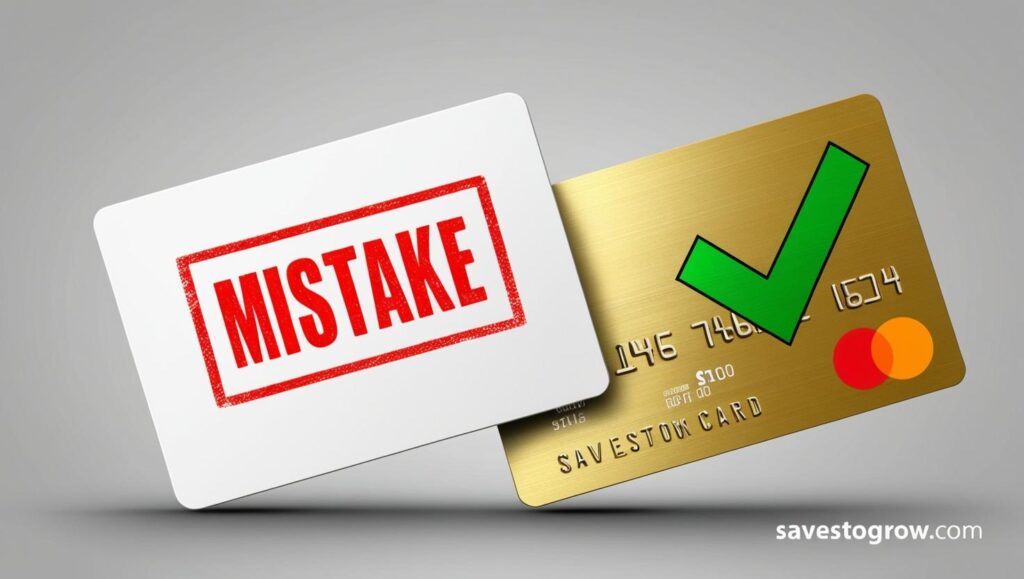
✅ Truth: It Can Haunt You for Years
I missed one payment in college—just one—and brushed it off.
That mistake stayed on my report for seven years.
Payment history is the most important credit factor. One late payment can hit harder than you think.
Now I have autopay set for every bill. Non-negotiable.
📈 My Results After Applying These Truths
After debunking these myths and getting intentional:
- My score jumped from 648 to 752 in 10 months
- I qualified for a lower-rate refinance
- I stopped overpaying on interest and started using credit as a tool, not a trap
🧭 Final Thought
Credit isn’t meant to be confusing—it’s just rarely taught right.
If you’re feeling stuck, remember:
The path to a better score isn’t dramatic. It’s disciplined.
Start by unlearning the myths.
Then build your credit like you’d build a muscle—slow, smart, and with confidence.





